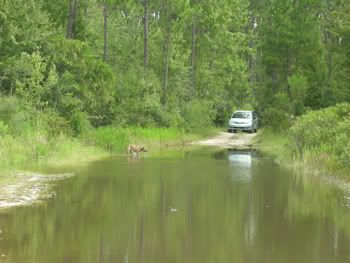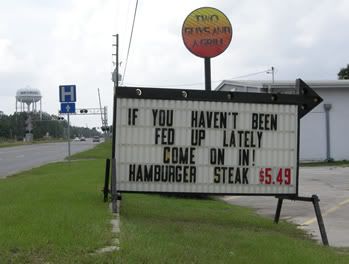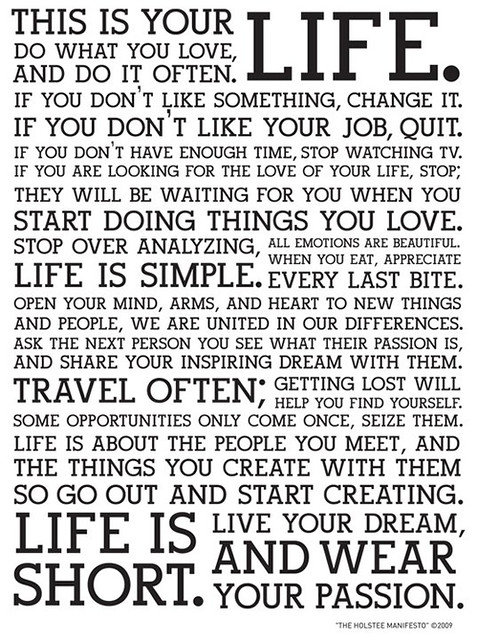It turned out to be pretty good. Unlike Farr, whose narrative was clouded so much by her utter dislike of Kyrgyzstan, and whose descriptive abilities were somewhat limited, Burkett presents an incredibly accurate and easy-to-picture view of what life in Kyrgyzstan is like. Granted, a lot of what life in Central Asia is like would indeed be viewed by most Westerners in a negative light; however, she presents it in an impartial manner which allows the reader to be the judge. Must be that journalistic training, you think? Burkett, like myself, was abroad during the events of September 11, 2001, and I found that her experiences of what life was like for an American overseas at that time were quite similar to my own. I also discovered that Kyrgyzstan has apparently not changed much at all since her time there (2001-2002) and my time there in 2008. In addition to describing her life and work in Kyrgyzstan, Burkett writes about her travels during that time to Iraq, Iran, Afghanistan, Uzbekistan and Turkmenistan. It was specifically interesting to read about her reception in and descriptions of pre-War on Terror Afghanistan and Iraq. I know people who have been to these countries much more recently than 2001-2002, and their more up-to-date descriptions of these places seem so very different from Burkett’s. Sadly, it would appear that things have gone very much downhill. I wish Burkett would return to these countries now and do a piece on the contrasts she would find.
Anyhow, the long and the short of it is, that despite my rather silly delay in tackling this book, it turned out to be pretty good, and should be very much on the to-read list of anyone with an interest in Central Asia.




